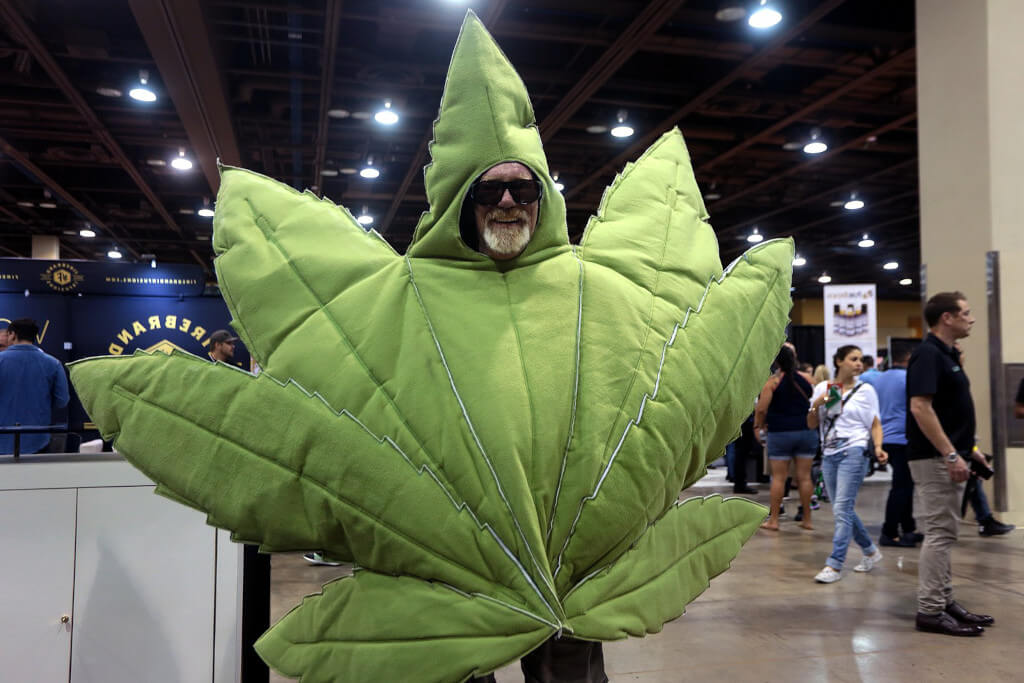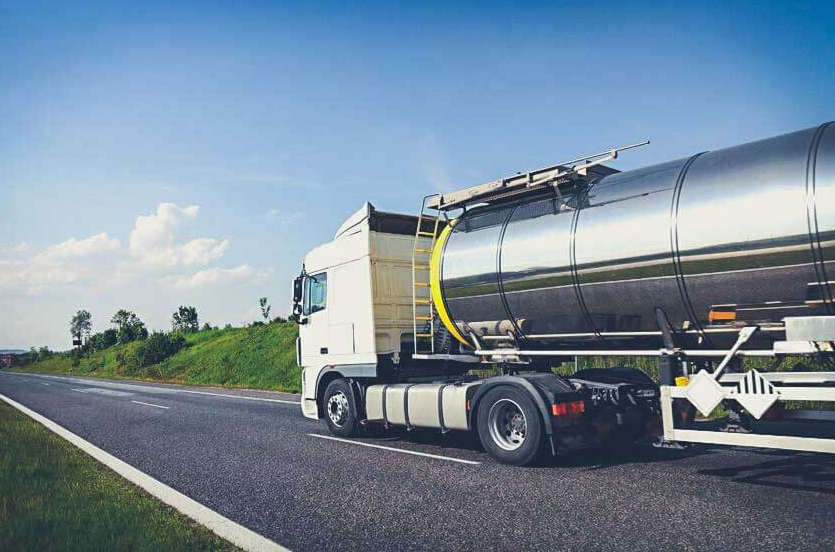Amsterdam, a city known for its rich history, stunning canals, and iconic museums, also holds a unique reputation in the realm of cannabis. It’s not uncommon for visitors, whether they’re from Africa or any other part of the world, to be intrigued by the city’s coffee shops. However, the situation isn’t as straightforward as it might seem. Here’s what you should know.
When you hear the term “coffeeshop” in Amsterdam, it’s not about coffee. Instead, these establishments cater to those seeking marijuana. This terminology arose during the 1970s, a period of prohibition against overt promotion of marijuana. Interestingly, the very first among these, Mellow Yellow, started as a tea house.
Surprisingly for many, cannabis isn’t legal in the Netherlands. But then, how do these coffee shops operate? Enter the Dutch “policy of tolerance” or gedoogbeleid.
In the late 1960s and early 1970s, as drug use escalated worldwide, the Dutch initially took a stringent stance. But with time, opinions shifted. The emphasis moved towards distinguishing between “soft” and “hard” drugs and prioritizing individual freedom concerning health and personal choices.
This sentiment resonated with the 1972 Baan Committee report which argued that the societal damage from criminalizing marijuana outweighed any benefits. The result? The Dutch embraced a more lenient approach, allowing personal freedom while regulating certain drug distributions and usage.
In essence, while selling soft drugs in coffee shops is deemed illegal, the Public Prosecutor’s Service turns a blind eye. Furthermore, the average person isn’t pursued possessing small amounts of “soft drugs”.
Key guidelines include
- A limit of 5 grams of cannabis for personal possession.
- No cultivation of more than five cannabis plants.
Interestingly, although cultivating a small number of marijuana plants for personal use is allowed, authorities can still confiscate these plants. However, no legal repercussions follow.
Coffeeshops too have their own set of rules:
- Ensure no disturbances.
- No selling of hard drugs.
- Prohibit sales to minors.
- No drug advertising.
- Maximum of 5 grams of cannabis per transaction.
However, a gray area persists. If individuals can only possess 5g at any given time, how do coffee shops manage their inventory? Typically, coffee shop owners are allowed to stock up to 500 grams. The origins of their supplies, however, remain shrouded in mystery due to the legal constraints.
Potentially facing severe repercussions if caught, like the Checkpoint coffeeshop owner Meddie Willemsen in 2010, they have to be cautious. Willemsen faced a hefty fine and imprisonment after being caught with excessive marijuana.
Another interesting fact: while tobacco smoking indoors is a no-go in Amsterdam, cannabis isn’t. However, since 2008, blending it with tobacco has been a strict no.
One might wonder why the Netherlands still upholds such a puzzling mix of rules. It seems external pressures play a part. There’s a concern that if the Netherlands fully legalizes cannabis cultivation, it might become Europe’s marijuana export hub.
An initiative known as the “weed pass” was introduced around 2012. Primarily for the southern parts of the country, this pass limited marijuana purchases to Dutch citizens. However, this wasn’t received well, likely due to the mandatory registration at coffee shops. Ironically, illegal street sales saw a surge in cities mandating this pass.
While the weed pass isn’t a requirement as of 2018, Amsterdam has seen the introduction of newer regulations, like keeping coffee shops at a minimum distance from schools.
| Proponents’ Views on Amsterdam’s Cannabis Policy | Opponents’ Views on Amsterdam’s Cannabis Policy |
|---|---|
| Health and Individual Choice | Health Concerns |
| You believe that adults have the right to make personal choices regarding their bodies, including the consumption of marijuana. From this perspective, the gedoogbeleid allows individuals to take responsibility for their health choices without the fear of legal repercussions. | You argue that marijuana usage can have negative health impacts, particularly on mental health. By allowing coffee shops to operate, the government might inadvertently be encouraging a harmful habit among its citizens. |
| Economic Benefits | Economic Drawbacks |
| You see the financial benefits of the cannabis trade. Coffeeshops boost tourism, and by regulating them, the government can also ensure a steady stream of tax revenue. This can further be invested in health and public services. | You are concerned about the potential for economic dependence on “weed tourism”. Relying heavily on such a niche tourism sector might make the Dutch economy vulnerable to shifts in international drug policies or public perceptions. |
| Regulation and Safety | Black Market and Crime |
| You appreciate the gedoogbeleid for the safety it brings. Regulating the trade ensures that the cannabis sold is of a certain quality, devoid of harmful additives. This controlled environment reduces health risks associated with adulterated drugs. | You argue that while coffee shops are regulated, their supply chain isn’t. This grey area fuels the black market, making the entire operation dubious. There’s potential for organized crime groups to be involved, thereby increasing criminal activities. |
| Social Cohesion | Societal Impact |
| You believe that by decriminalizing personal marijuana use, the Dutch government fosters a sense of trust and responsibility among its citizens. It recognizes individual freedoms, leading to a more cohesive society where the state isn’t viewed as overreaching. | You are concerned about the broader societal impacts. The presence of coffee shops might promote drug culture, especially among the youth. Such an environment might not be conducive for younger generations, impacting their productivity and life choices. |
| International Reputation | Pressure from Neighbours |
| You feel that the Dutch approach showcases the country as progressive and open-minded. By focusing on harm reduction over criminalization, the Netherlands sets a precedent for other nations to follow. | You are wary of the international reputation the Netherlands holds due to its policy. Neighboring countries express concerns over “weed tourism”, fearing their citizens might engage in drug tourism and bring back illegal substances. This pressure can strain diplomatic relations. |
A Traveler’s Guide to Amsterdam’s Coffeeshops
Know the Difference: Cafe vs. Coffeeshop
When you’re wandering the streets of Amsterdam, don’t mistake a “cafe” for a “coffeeshop”. If it’s coffee and pastries you’re after, head to a cafe. However, if you’re looking to purchase cannabis, then a coffee shop is your destination. Remember, the distinction isn’t just about vocabulary; it’s about what you can expect to find inside.
Limit Your Purchase
You might be excited about your visit, but remember, there’s a legal limit to how much cannabis you can buy at once. Ensure you purchase no more than 5 grams in a single transaction. This is both for your safety and to stay within the boundaries of the Dutch Gedoogbeleid policy.
Age Matters
You must be at least 18 years old to enter a coffee shop in Amsterdam. Always have a valid form of identification on you, as you might be asked to show it before entering. Remember, even if you are of legal age in your home country to consume cannabis, the rules might be different in the Netherlands.
Be Discreet
While it’s legal to purchase and consume cannabis inside a coffee shop, it’s not acceptable to use it publicly throughout the city. If you decide to partake, do so within the confines of the coffee shop or in a private setting. Respect the city, its residents, and other tourists.
Understand the Tolerance Policy
It’s essential to understand that while the sale and consumption of cannabis in coffee shops are tolerated, it’s technically illegal. This “policy of tolerance” or gedoogbeleid allows these shops to operate under specific guidelines. As a traveler, your primary concern should be to follow the rules set for consumers.
Mixing Tobacco and Cannabis
If you’re accustomed to mixing tobacco with cannabis, take note: smoking tobacco indoors in public places, including coffee shops, is prohibited in the Netherlands. Make sure to ask the staff if you’re uncertain about any house rules related to smoking.
Ask Questions If Unsure
The staff at the coffee shops are used to tourists and are typically knowledgeable and approachable. If you’re unsure about a particular strain, potency, or any other concerns, don’t hesitate to ask. They can guide you, ensuring you have a safe and enjoyable experience.
Remember International Boundaries
While you might enjoy the freedom of purchasing cannabis in Amsterdam, remember that traveling back to your home country with any amount of it is illegal. Before you depart, ensure you don’t have any leftover products in your possession.
For a deeper understanding or to engage further on this topic, feel free to visit our contact page.




